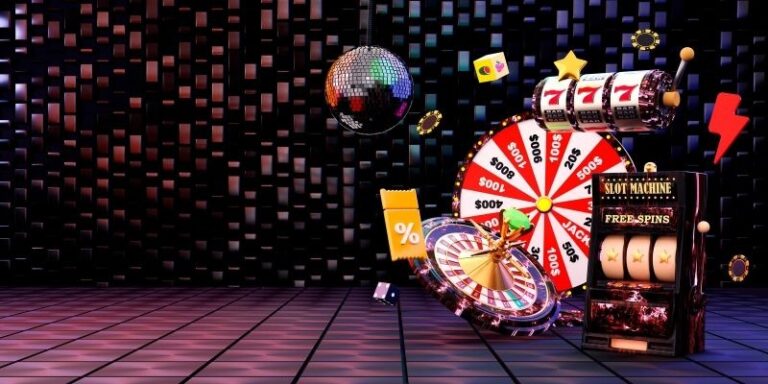
How to Train Chickens - The Secret to Having Healthy and Smart Chickens
Learn how to train chickens to develop strength, fighting skills, improve speed and reflexes in cockfights.

How to train chickens is always one of the issues that many people who love raising chickens learn about. Training chickens not only helps us manage chicken flocks more effectively, but also brings health and personality benefits to the chickens. Through this article, I will introduce in detail about bomwin The most effective way to train chickens.
The Foundations of Chicken Training
Training chickens is not as difficult as you think. Knowing how to create the right training environment is extremely important. Let’s dive into the basic elements that make up an effective training process.
Understand the characteristics of chickens
The first thing to keep in mind when starting any training process is to understand the subject you are working with. Chickens, like other animals, have unique characteristics that you need to understand.
Chickens are social animals. They tend to follow each other’s movements, so you can take advantage of this when training. A chicken is very sensitive to its owner’s calls, and has a good ability to recognize and remember sounds. This allows you to build a certain bond with your chicken through sounds. Patience is key, and make sure you don’t give up after the initial difficulties.
Create a positive training environment
When you start training your chickens, you need to create a safe and comfortable environment for them. Choose a space that is spacious, clean, and has few distractions. Here, using food or small rewards is an effective way to attract the chickens’ attention.
Additionally, small group meetings are an effective way to help your chickens feel more confident. Once they are familiar with the environment, you will be able to move on to the next training exercises without encountering resistance.
Make a clear training plan
A specific and scientific training plan will help you achieve your goals faster. You should determine your training goals from the beginning, whether it is teaching your chicken to respond to sounds or to come when called. When you have a general time frame, the training process will become easier.
Additionally, make a list of training exercises and go through them step by step patiently. This not only helps you stay in control of the situation but also makes it easier for the chicken to process the information.
Basic techniques in chicken training
Chicken training techniques are varied and plentiful, but not all apply to all breeds. Research and experiment to find the method that works best for your flock.
Positional training
This method is based primarily on clearly defined roles within the flock. According to this theory, chickens communicate and interact with each other through visual signals, including posture and vocalizations. To teach chickens to obey, you can apply the same principles as in establishing roles within the flock.
This means showing your chickens that you are the “leader”. Using food as a reward for good behavior will build loyalty and a functional network for your chickens. Pay attention to your chickens’ small reactions to adjust the way and when you signal.
Training through sounds and signs
Using sounds and cues is one of the most effective ways to train chickens to be obedient. Sounds like calls or claps can stimulate curiosity and help chickens memorize the locations of their food areas.
Combining sounds with visual cues (like colors or shapes) will make training more fun. Each time your chicken does what you ask, praise it immediately. Repeating this process will help the chicken understand that it is doing the right thing.
Training through repetition
Repetition is key when it comes to training chickens. To help your chickens remember and respond quickly, repeat the commands until they do them naturally.
Remember that encouragement and rewards play an important role in reinforcing desired behavior. Over time, you will notice a marked improvement in your chicken’s awareness and skills.
How to deal with a failed chicken reception
During the training process, it is inevitable that the chicken will not do as required. In these cases, you need to be calm and patient. Avoid scolding or negative actions, this will lead to stress for the chicken.
Reconsider your training methods. Perhaps you are setting the bar too high for your chicken. Instead of rushing to get results, be patient and try to change the way you phrase your demands.

Basic techniques in chicken training
Advanced steps in chicken training
Once your chickens are comfortable with the basic exercises, you can move on to more advanced steps in your training. This is where you turn your cute chickens into real athletes!
Coordination training
Coordination training is one of the creative ways to develop agility and teamwork in chickens. You can organize activities together where the chickens have to follow the access to food in different locations.
By making the process a little competitive, you will find that your chickens will adapt and improve more quickly. By exposing yourself fairly and positively, you can make the training hours a fun experience.
Developing smart skills
Chickens are not just pets, they also possess a unique intelligence. Try giving them gentle reflex tasks, such as asking them to jump at different levels to gain a better understanding of their surroundings.
Developing this intelligent skill not only makes chickens more agile, but also promotes the development of their physiological systems, thereby increasing their stamina and overall health.
Professional training
If you want to take your training to the next level, take professional training courses or seek assistance from experienced breeders. The key is that these courses will provide you with new types, approaches and ways of thinking about chicken training.
Furthermore, you can also learn more about nutrition and complete chicken care regimen from those who have gone before. This contributes to equipping you with solid knowledge, necessary to ensure that your chickens not only grow healthy but are always ready for new challenges.
Conclude
Chicken training is not just a job, it is an art and a passion for those who love pets. Understanding the characteristics, preferences and cognitive abilities of each individual is essential to building a good relationship and improving the skills of the chicken effectively. Be persistent in doing each step, and you will see great results from raising and training your chicken.



